New Year Plan
New Year Plan Templates are essential for creating a roadmap to success by setting strategic goals, outlining priorities, allocating budgets, managing risks, tracking KPIs, and motivating teams through effective communication and regular reviews.
Steps to Create a New Year Plan
Key Elements for Strategic Planning Success
Updated: Dec 20, 2024


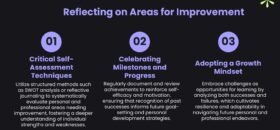

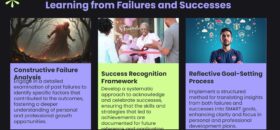

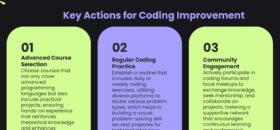
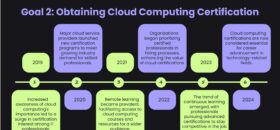




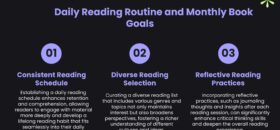


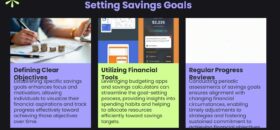


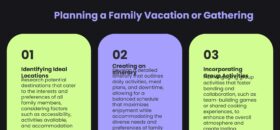
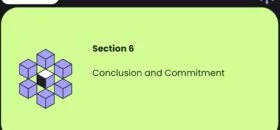


Discover similar templates
Marketing Plan
Marketing plan templates serve as strategic roadmaps detailing market research, target audience, brand positioning, marketing mix, SMART goals, resource allocation, and performance tracking. These steps drive marketing success...
Social Media Plan
Social Media Plan Templates help build audience growth and brand awareness. Include audience analysis, clear goals, content strategy, platform selection, performance tracking, and regular reviews to stay ahead.[pac_divi_table_of_contents...
Research Plan
Research Plan Templates clearly define scope, methods, and timelines, distinct from sales decks. They set clear objectives, review rigorous literature, address ethics, and foster ongoing refinement.[ds_image_gallery thumbs_alignment="vertical"...
Summary
Creating a new year plan involves reflecting on past performance, defining clear goals, and outlining strategic priorities and initiatives. An effective plan includes a detailed action plan, risk management, budget and resource allocation, and KPIs to measure progress. It’s essential to communicate and motivate the team, and establish a regular review process to ensure continuous improvement. This fosters clarity, motivation, and a unified direction for the organization’s success.
Outline
- The Importance of Reflection
- Professional Development Goals
- Personal Growth and Well-being
- Financial Planning Strategies
- Strengthening Social Connections
- Conclusion and Commitment
Creating a New Year Plan
When creating a new year plan, the focus shifts from basic presentation styles to emphasizing strategies, goals, and measured progress. It’s essential to get everyone on board for a fresh start with clear objectives and enthusiasm. Compared with other pitch decks, a new year plan should detail organizational aspirations, reflect on the past year, and establish actionable goals. Here are additional tips for making a new year plan:
1. Reflect on Past Performance:
Analyze what went well and what didn’t in the previous year.
Present key metrics, success stories, and areas needing improvement.
Use visuals and data to support the review.
2. Define Clear Objectives and Goals:
Set SMART (Specific, Measurable, Achievable, Relevant, Time-bound) goals for the year ahead.
Break down goals into quarterly or monthly milestones.
Align goals with the organization’s long-term vision.
3. Outline Strategic Priorities and Initiatives:
Highlight top priorities and initiatives that will drive progress.
Explain why these are critical and how they contribute to overall success.
Allocate resources and indicate who is responsible for each initiative.
4. Include an Action Plan:
Develop a detailed action plan with step-by-step activities.
Identify key deliverables and timelines for implementation.
Ensure clarity on who is accountable for each task.
5. Risk Management and Contingency Planning:
Identify potential risks and challenges that could impact the plan.
Propose risk mitigation strategies and contingency plans.
Make sure to factor in flexibility to adapt to changes.
6. Budget and Resource Allocation:
Present a detailed budget that aligns with your goals and initiatives.
Outline how resources will be allocated across departments or projects.
Justify investments with expected return on investment (ROI) or strategic importance.
7. Include Key Performance Indicators (KPIs):
Define KPIs to measure progress and success.
Set up regular check-ins or reviews to track performance against these KPIs.
Utilize dashboards or reports for easy monitoring and communication of progress.
8. Communicate and Motivate:
Use motivational statements and visionary language to inspire your team.
Include testimonials or motivational stories from team members or leaders.
Reinforce how every team member’s contribution aligns with the larger goals.
9. Establish a Regular Review Process:
Schedule regular meetings (monthly, quarterly) to review progress.
Use these sessions to celebrate successes, address challenges, and recalibrate as needed.
Foster an environment of continuous improvement and adaptability.
A well-crafted new year plan fosters clarity, motivation, and a unified direction, helping organizations navigate the upcoming year with confidence and enthusiasm.




